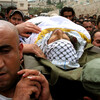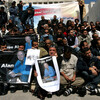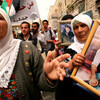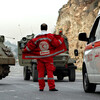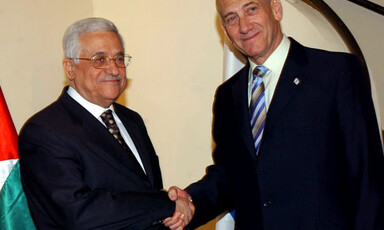
The Perils of Pragmatism
18 April 2007
The latest back and forth between Israel and the Palestinian unity government (and its regional interlocutors) will not bring peace to fruition. Many respected commentators in the Middle East have accused Israel of rejecting peace, primarily due to its refusal to fully embrace the Arab peace initiative. Yet this initiative, when entered into the international community’s trash compactor of “pragmatism,” will leave the Palestinian people with nothing more than an old, albeit neatly packaged, version of the Oslo Accords. Read more about The Perils of Pragmatism


